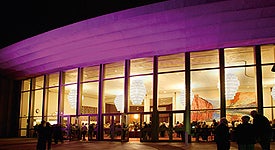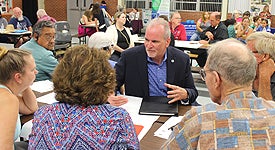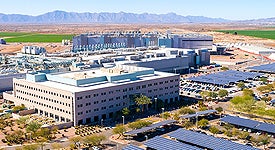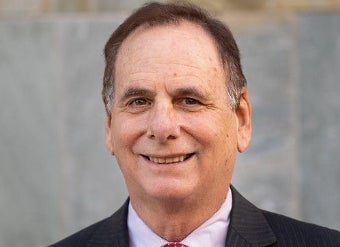Utility Rate Changes for Fiscal Year 2025-26 (Go into effect March 2, 2026)
The City of Chandler manages and operates Water, Wastewater, Reclaimed Water, and Solid Waste utilities, and recently adopted Utility Rate increases to fund rising ongoing operating costs as well as capital construction materials and related debt service costs. The rate adjustments can be identified below.
Operating costs such as chemicals and electricity that are essential to the process of providing safe drinking water and treating wastewater continue to increase, in addition to our contract costs for solid waste and recycling collection.
Capital construction materials and related debt service costs have also increased, related to Water and Wastewater facility and infrastructure improvement projects focused on aging infrastructure such as main replacements, well construction and rehabilitation, and sewer assessments and rehabilitation.
These water and wastewater rate adjustments will be implemented equally across all customer classifications, including single-family, multi-family, non-residential, landscape, and industrial customer classes for water; and single-family, multi-family, and non-residential customer classes for wastewater. Additional details about these impacts are listed below.
The reclaimed water and solid waste rate and fee changes are also based on revenue requirements to meet the increasing costs associated with these services.


To cover the increasing costs of providing solid waste services, the monthly service charge will increase by 6% for both residential collection and alley charges.
Below are the presentations used during the Council work sessions to discuss the revenue requirements and potential Cost of Service adjustments. The decisions moving forward out of these meetings include:
- Inform and educate residents and businesses on the proposed Water rate changes needed, using an across-the-board allocation, Wastewater rate changes using an across-the-board allocation, Reclaimed Water rates, and Solid Waste rates.
- Gather any additional feedback or questions from residents and businesses, as they may offer.
City Council Work Session: July 14, 2025
City Council Work Session: August 4, 2025
City Council Work Session: November 10, 2025
Public Meeting Presentations
Oct. 9 and Oct. 14, 2025
Jan. 8, 2026
Additional Information
Why do we need a utility rate increase?
The City of Chandler Council has reviewed the fiscal health of our water, wastewater, reclaimed water, and solid waste utilities and determined that rate adjustments are needed to keep the funds balanced with expenses over the next few years.
A financially strong and stable utility is necessary in order to maintain the existing critical infrastructure and services our customers rely on. As infrastructure ages, it needs to be maintained and sometimes, replaced.
- There are planned improvements to the water treatment production plant, as well as the water reclamation facility and advanced wastewater treatment processes.
- An additional focus on aging infrastructure and replacements, such as main replacement, well construction and rehabilitation and sewer assessments and rehabilitations.
Solid waste services utility has seen additional contract costs associated with our collection contract. We have seen increased costs for disposing of and transporting waste at landfills and increased costs for operating equipment and containers.
The new rates better reflect today’s cost of service to deliver safe and reliable water, process wastewater, and provide solid waste and recycling services to our customers.
How much is my single-family residential bill expected to change?
Please see the Average Bill Change examples above.
How does Chandler compare to other Valley cities for utility costs?
Our most common customer type is residential, and that comparison is provided below based on an average 10,000-gallon usage on a 5/8” meter.

Can I minimize the impacts of a rate increase by using less water?
Yes, the fewer gallons of water used, the lower your utility bill will be. Learn more about water conservation.
Utility rate changes over the past five years include historical increases implemented in July 2022 and January 2024, as well as adjustments for March 2026. The table highlights changes to overall revenue requirements and impacts by customer class for Water, Wastewater, Reclaimed Water, and Solid Waste services.
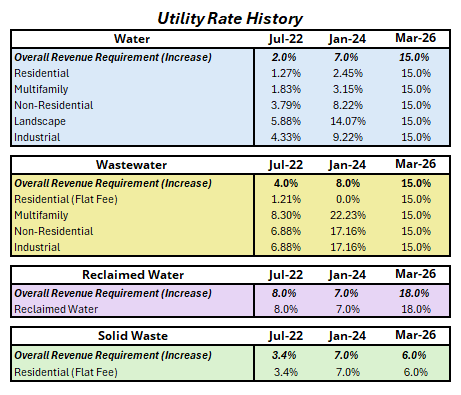
Should you have specific questions or comments on the changes, please use the comments or feedback form.
